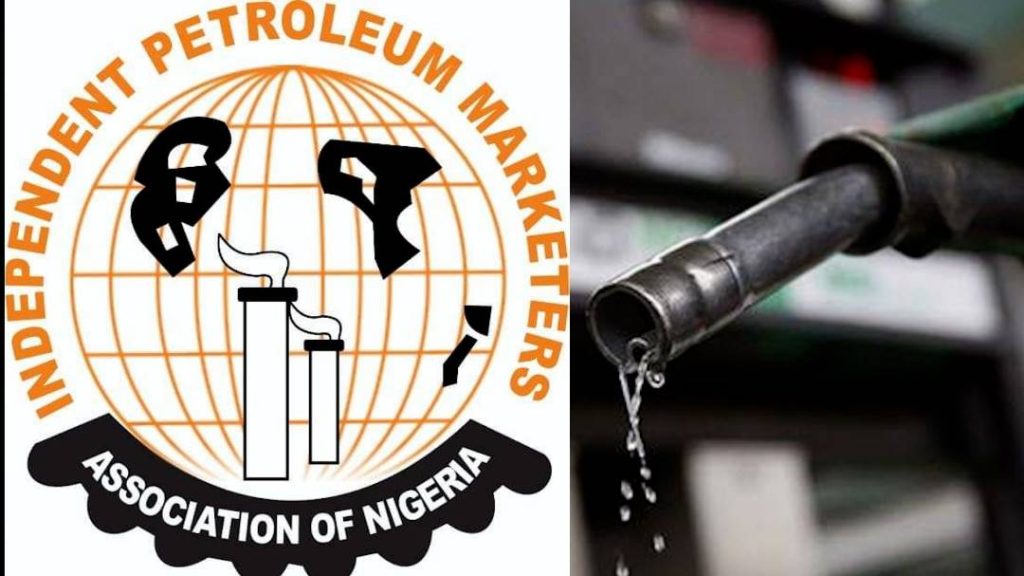The Independent Petroleum Marketers Association of Nigeria (IPMAN) has expressed its opposition to President Bola Tinubu’s decision to implement his predecessor’s proposal to remove fuel subsidy by the end of June.
President Tinubu, speaking in Abuja on Monday, reaffirmed that his administration would cease to provide subsidies for petroleum products. He argued that the substantial opportunity cost borne by the federal government in funding these subsidies could no longer be justified.
During his inaugural address at Eagle Square, Abuja, immediately following his swearing-in as the 16th President of Nigeria, Tinubu boldly declared, “The fuel subsidy is gone.”
He further emphasized that the ever-increasing costs of the subsidy could no longer be rationalized, given the diminishing resources available. Instead, he intended to redirect the funds toward vital investments in public infrastructure, education, healthcare, and job creation, with the aim of significantly improving the lives of millions.
However, IPMAN responded on Monday, expressing its disagreement with the new president’s plan to eliminate the subsidy.
Chief Ukadike Chinedu, the National Public Relations Officer of the Independent Petroleum Marketers Association of Nigeria, stated that the government should engage in dialogue with marketers before making a decision on subsidy removal, as reported by Daily Trust.
“At this time, we do not support the removal of fuel subsidy. We have consistently emphasized the need to repair our refineries before implementing a measure that would lead to rampant inflation and impose further hardship on the masses,” said Ukadike.
He further criticized the adoption of recommendations from the transition document handed over by former President Muhammadu Buhari’s administration, as Buhari himself had not removed the subsidy during his eight-year tenure.
Ukadike emphasized the importance of collaboration between the new government and stakeholders, including marketers, to effectively manage the fuel subsidy regime.
He pointed out that although the Dangote Refinery was now operational, Nigeria’s existing refineries remained non-functional, making it inappropriate to remove the subsidy at this time.
IPMAN expressed its willingness to cooperate with the new government and proposed alternative measures to address the fuel subsidy regime, rather than abruptly terminating it.

